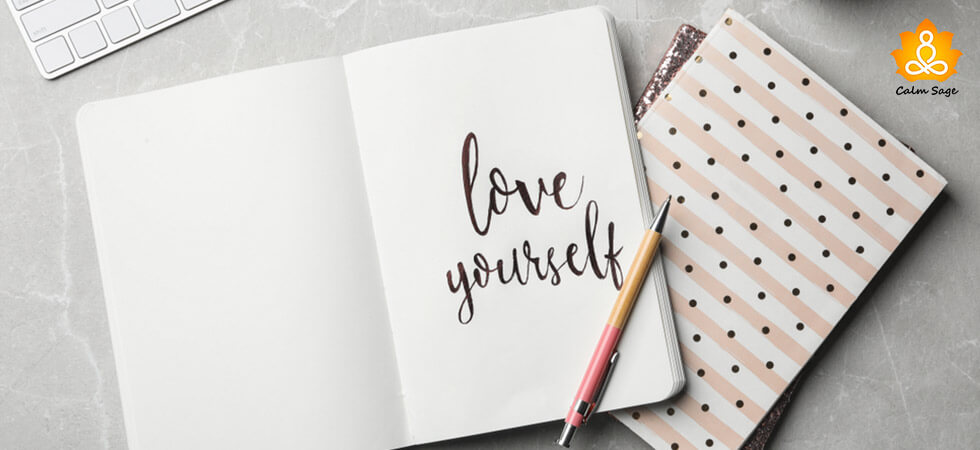How To Self-Monitor For The Effective Treatment of Eating Disorders

To begin with, self-monitoring includes tracking symptoms, experiences, and behaviors over time so that one can effectively recover from any kind of disorder. Cognitive behavioral therapy includes self-monitoring for various mental health issues, for example, anxiety or depression. For the treatment of eating disorders, journaling, logs, task tables, diaries are some common self-monitoring methods.
Keeping track of unhealthy or healthy eating habits helps in better understanding of current patterns that are needed to be changed or to be promoted as a good change. This blog covers how to self-monitor for the treatment of eating disorders. So, let’s get started.
Related Read: Types of Eating Disorders
The Importance of Self-Monitoring
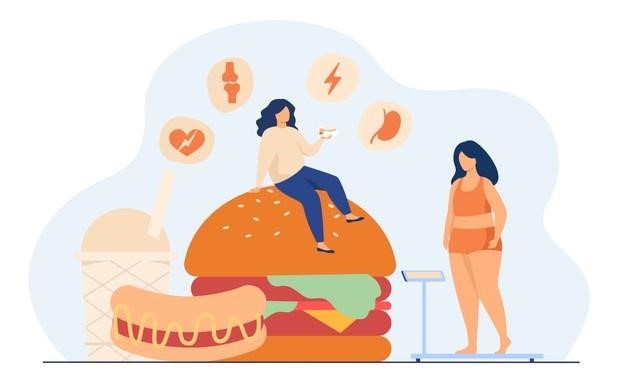
During the process of recovery, sometimes it becomes difficult to recall feelings, behaviors, or thoughts. With the help of self-monitoring, you can get an accurate scene of what is really going aligned or unaligned with your eating behavior. Self-monitoring is an important tool to track or work on yourself. It is also known as self-help; however, self-monitoring also requires the help of a therapist.
Self-monitoring for eating disorders is a part of cognitive-behavioral therapy known as CBT-E. Self-monitoring usually begins from the first session with the therapist. Self-monitoring is always reviewed by a therapist during each session to track the progress of unhealthy eating behaviors.
Challenges of Self-Monitoring for Eating Disorders
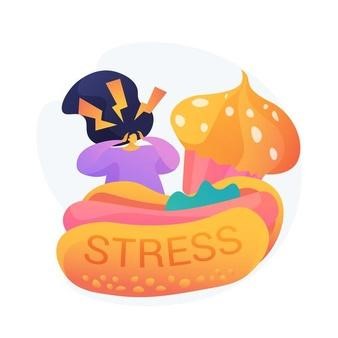
There are multiple challenges related to self-monitoring for eating disorders. To be honest, everything takes time and effort. In order to reach goals, it requires proper planning and implementation. The therapist helps you from the beginning to reach your goals. Apart from the help of your therapist, you might also need to make some healthy changes in your diet to recover from an eating disorder. Remember that self-monitoring is an important part to recover. Practicing self-monitoring can lead you to a healthy and wealthy life forever. However, it requires time and effort.
During the process, you might feel to get back on the unhealthy routine. However, self-monitoring helps you to record everything you take. In this way, progress is tracked and you are self-motivated to do better and better. It also helps people from the feelings of being ashamed or embarrassed after seeing the eating patterns. You and your therapist work together with a very unique and different approach to reach goals without any judgment. Your therapist will help you to reach goals with the help of regular feedback and insights.
Keeping a Food Record
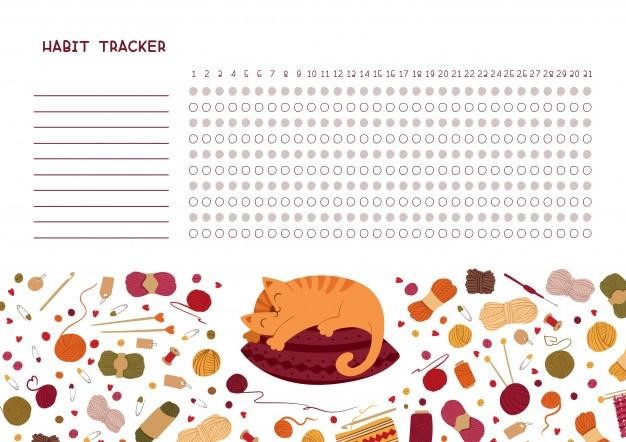
As per the recommendations from our therapist, I have concluded some of the effective self-monitoring methods. Record everything which includes
- Everything you drink or eat throughout the day and night.
- Thoughts or feelings that come along while consuming the meals or snacks.
- If anything is considered as a binge (according to you).
- If you have tried something to shed the calories or fat like laxatives, extra exercising, or vomiting.
- Location of the meals
- Any other factor, feelings, or thoughts like “I ate too much”, “I feel so depressed after taking this meal.”
Initially, it has been recommended to self-monitor without making any changes in your eating behaviors for at least seven days so that you and your therapist can identify themes and patterns. This way is observed as a healthy way to implement changes and goals to recover from eating disorders.
Which format is good for Self-Monitoring
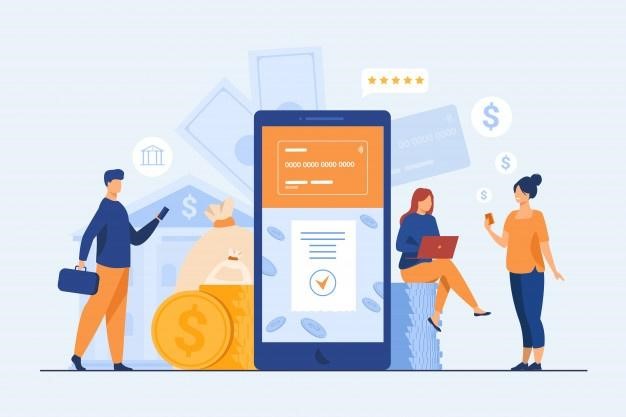
Traditionally, self-monitoring was performed in a notebook or a piece of paper. Since technology has evolved, people nowadays use apps or computer to track the progress of recovery. Somehow, electronic records are more motivating for such hectic schedules and lifestyles.
Rise Up + Recovery and Recovery Record are famous and free applications for self-monitoring that can be used with a therapist or independently. A study revealed that applications are actually useful and effective for self-monitoring. Along with tracking, these applications also come up with regular feedback and motivations to adapt coping skills. Apart from self-monitoring apps, you can also download calorie counting apps for effective recovery from eating disorders. These apps provide exact measurements. This helps people in planning a diet and implementing healthy behaviors.
Self-monitoring is really helpful for eating disorder recovery. Always make sure to work with a registered therapist and a team of doctors for improved and better recovery. If you feel like heading in an unhealthy direction, consult with your therapist ASAP. You can also connect with a therapist through online platforms. To connect with a certified mental health provider from Betterhelp, click here.
Disclaimer: As BetterHelp Affiliate, We may receive compensation from BetterHelp or other sources if you purchase products or services through the links provided on this page.
I hope this blog helps you in understanding the importance of self-monitoring for eating disorders. For more such content, follow Calm Sage on all social media platforms.
Thanks for reading.






